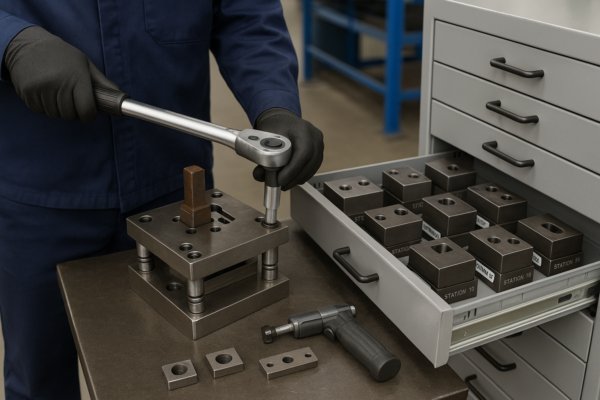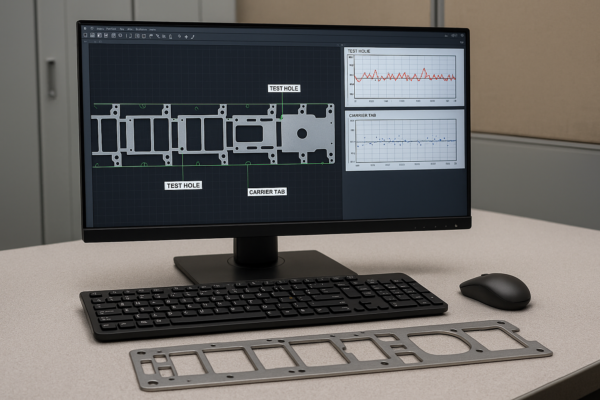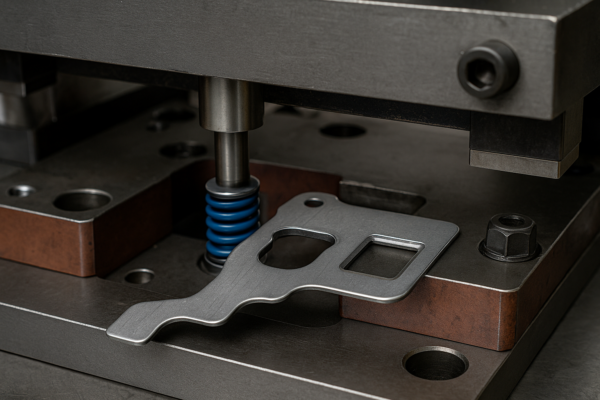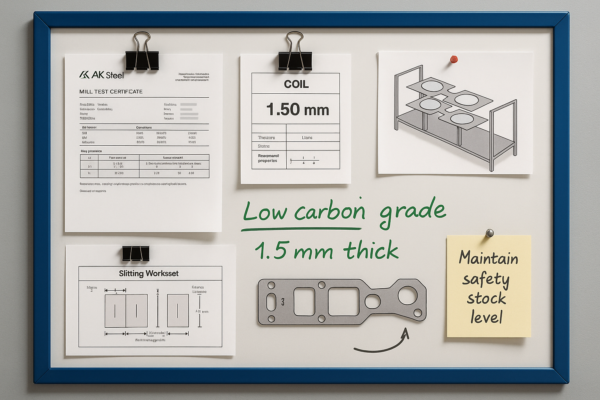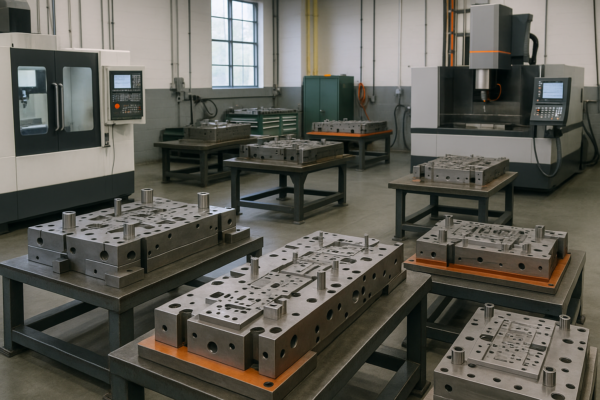What Is the Function of a Bolt?
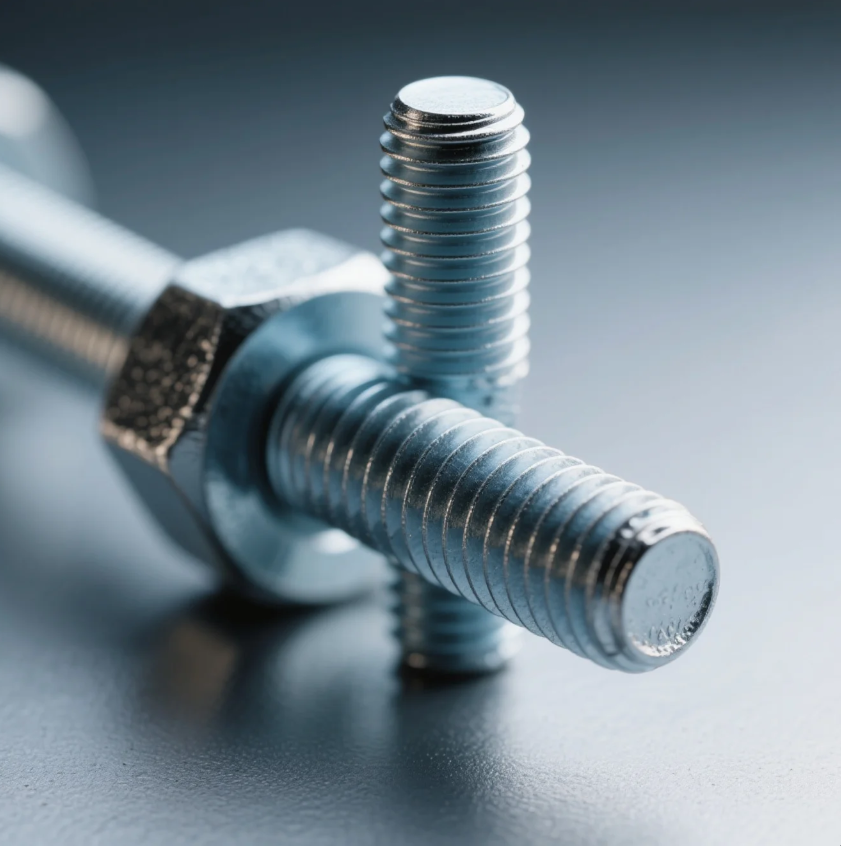
Many buyers use bolts daily but don’t fully understand their role in assembly strength and safety.
A bolt functions as a fastener that holds two or more components tightly together using tension and compression.
Knowing the true function helps buyers choose the correct type, size, and strength grade for every application.
What Is a Bolt Used For?

The word “bolt” appears in most engineering drawings. But many still confuse it with screws.
A bolt is used to clamp components together, typically with the help of a nut.
It creates a non-permanent joint, allowing disassembly without damaging parts. Bolts are critical in machinery, construction, vehicles, and heavy equipment.
Typical Bolt Applications
| Application Area | Bolt Function |
|---|---|
| Machinery frames | Connect metal parts with precision |
| Building structures | Resist tension and shear loads |
| Vehicle assemblies | Withstand vibration and force |
At Prime, we supply custom hex bolts, flange bolts, and stud bolts for international OEM clients. Our products meet ISO and ASTM standards, with full material traceability.
What Is a Bolt Explained?

New engineers often ask what makes a bolt different from other fasteners.
A bolt is a cylindrical fastener with threads and a head, used with a nut to secure multiple components.
It passes through aligned holes and applies clamping force when tightened. Most bolts are externally threaded and made of strong metal alloys.
Bolt Anatomy Overview
| Bolt Part | Description |
|---|---|
| Head | Used to apply torque |
| Shank | Smooth or partially threaded body |
| Threads | Engage with a nut or tapped hole |
We often provide technical drawings with our bolts, detailing head shape, thread pitch, material grade, and coating. This ensures correct fitment and performance in your design.
Where Is a Bolt Used?
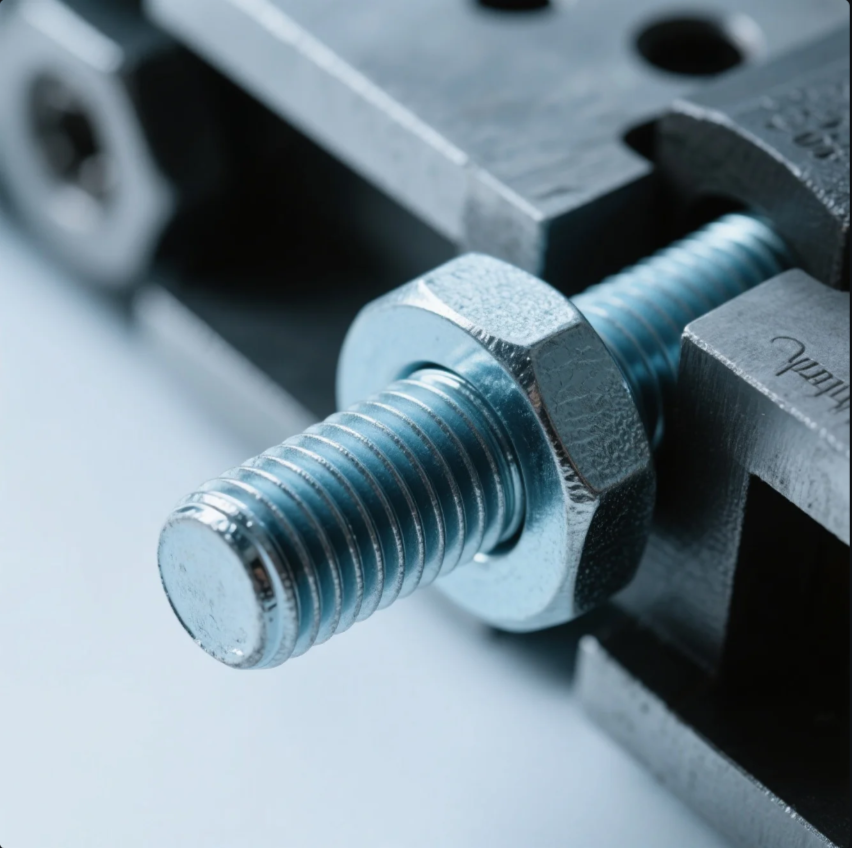
Some buyers assume bolts are only for construction. That’s not the case.
Bolts are used in machinery, construction, transportation, energy, and furniture industries.
From holding down a steel beam to fastening an engine cover, bolts are essential in both high-stress and everyday uses.
Industry-Wise Bolt Applications
| Industry | Typical Bolt Use |
|---|---|
| Automotive | Engine mounts, brake assemblies |
| Construction | Steel beam connections, anchors |
| Oil & Gas | Pipeline flanges, valve assemblies |
| Furniture | Table legs, joint frames |
At Prime, we’ve delivered metric and imperial bolts to clients in 35+ countries, supporting industries with exacting specifications. Our team reviews each use case to recommend the correct coating and thread standard.
What Are Bolts Made For?

Some buyers ask if bolts can be used as permanent fasteners. The answer depends on the design.
Bolts are made for strong, adjustable joints that allow future disassembly.
They are ideal for connections requiring inspection, tightening, or modular replacement. The goal is high clamping force without damaging parts.
Why Choose a Bolt?
| Reason | Explanation |
|---|---|
| High strength | Suitable for load-bearing joints |
| Easy disassembly | Reusable without damaging material |
| Consistent performance | Tightens to exact torque values |
We’ve supported clients who switched from welding to bolting in modular construction. By using Grade 10.9 bolts with washers and nuts, they reduced rework and improved maintenance access.
Our team at Prime helps you select the ideal bolt based on load type, torque, material, and budget.
Conclusion
Bolts join components securely with precision and can be removed when needed—making them essential in modern assembly.
Need bolts for critical joints or heavy-duty equipment?
At Prime, we provide bolts that meet exact industrial needs—with quality, consistency, and speed.
🔩 Hex, flange, stud, anchor, and custom bolts available
📦 ISO-certified production with full inspection and fast shipping
🧰 Free consultation to match the right bolt to your application
📩 Send us your spec or drawing now for a fast, no-obligation quote!

